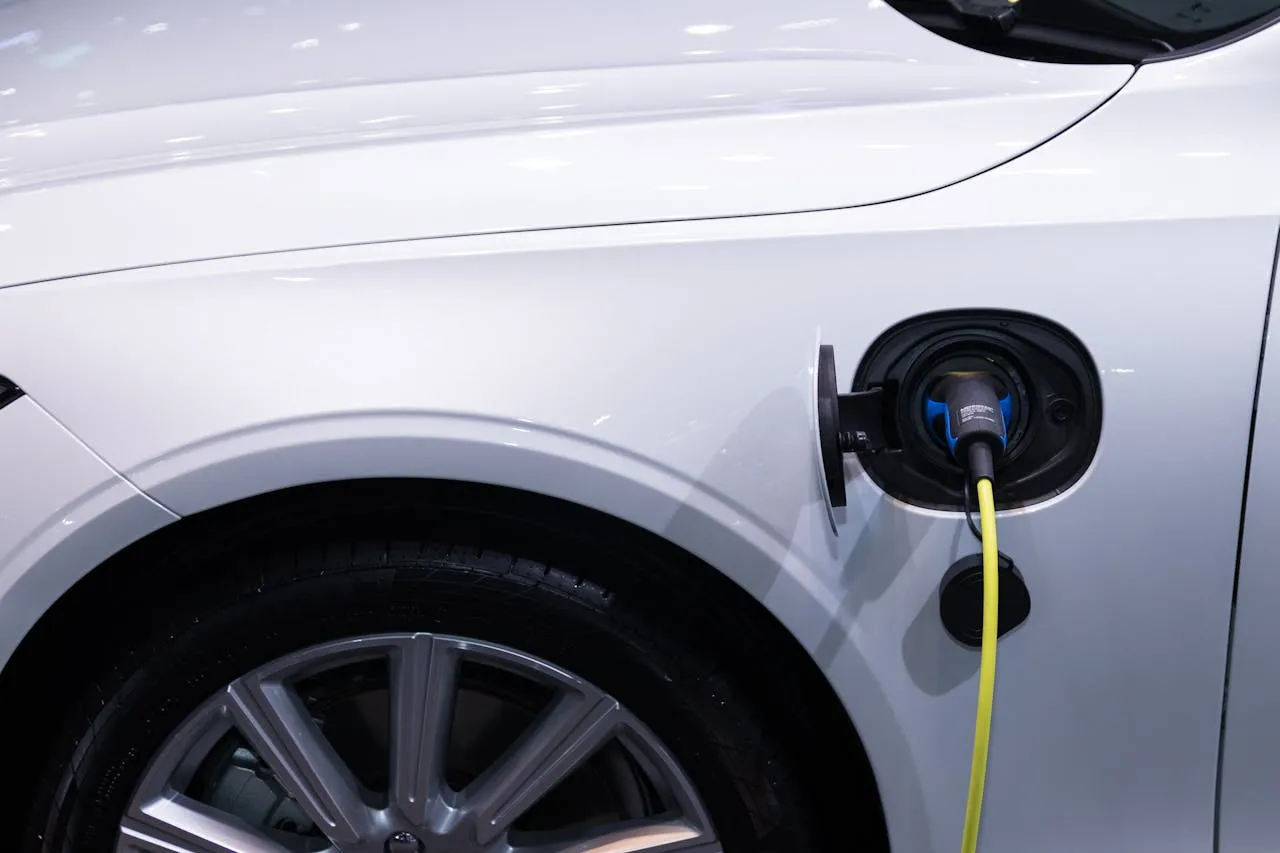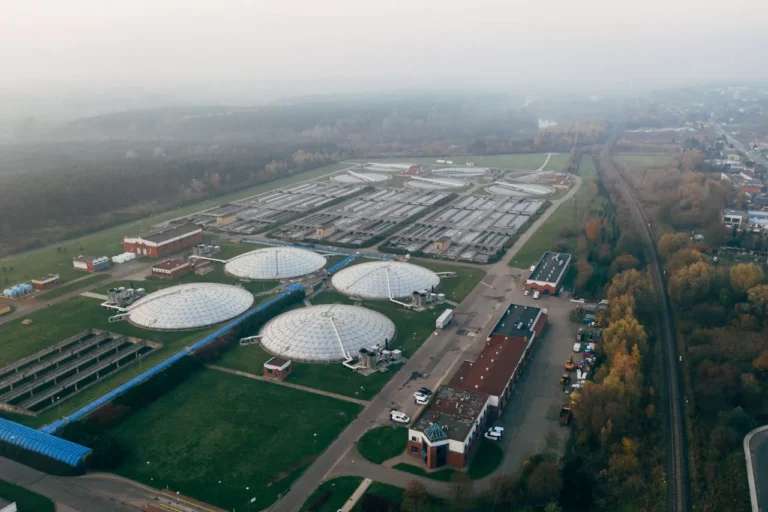
Zeon and Sino Applied Technology Partner to Expand SWCNT Conductive Paste Production and Accelerate Next-Gen EV Battery Adoption
Zeon Corporation (Zeon), a global leader in advanced materials and nanotechnology, and Sino Applied Technology (SiAT), a trailblazer in battery materials innovation, have officially entered into a strategic partnership aimed at transforming the lithium-ion battery landscape. The agreement was recently signed in Taoyuan, Taiwan, and marks a significant milestone for both companies in their mission to advance next-generation energy storage solutions. At the core of this alliance is Zeon’s commitment to leading a $20 million USD Series C fundraising round in SiAT, which will be instrumental in boosting SiAT’s production capacity for single-walled carbon nanotube (SWCNT) conductive pastes—an essential component in high-performance lithium-ion batteries.
The global energy storage market is experiencing unprecedented growth, fueled by the rapid electrification of transportation and the proliferation of smart, portable, and automated devices. Demand for lithium-ion batteries is soaring across a wide range of sectors—from electric vehicles (EVs), drones, and EVTOL (electric vertical take-off and landing) aircraft in consumer markets to industrial-grade applications such as energy storage systems (ESS) for renewables, AI data center servers (BBUs), and autonomous robotics.
This accelerated shift toward electrification has amplified the need for more efficient, durable, and higher-capacity batteries. As battery technology advances, the materials used to manufacture them must also evolve to meet performance and sustainability requirements. One of the most promising innovations in this space is the use of single-walled carbon nanotubes. SWCNTs are cylindrical carbon molecules with exceptional electrical conductivity, mechanical strength, and chemical stability. These properties make them ideal for enhancing the energy density, charging rates, and overall longevity of lithium-ion batteries.

Compared to traditional conductive agents such as carbon black or multi-walled carbon nanotubes (MWCNTs), SWCNTs deliver superior performance even at extremely low loading rates. This allows manufacturers to use less material while achieving higher conductivity and mechanical reinforcement, ultimately improving the battery’s efficiency and reducing its weight—key considerations in EV applications.
However, despite their impressive capabilities, SWCNTs are notoriously difficult to produce at industrial scale. Manufacturing high-purity SWCNTs involves complex processes, including high-temperature chemical vapor deposition (CVD), which demands precise control over catalysts, temperature, and atmospheric conditions. For years, this made widespread adoption challenging. Zeon broke through this technological barrier in 2015, becoming the first company worldwide to achieve the mass production of SWCNTs. Their proprietary Super Growth method has set a global benchmark, yielding ZEONANO®—a SWCNT product distinguished by its high aspect ratio, superior purity, and expansive surface area.
ZEONANO® is now widely recognized as a premium nanomaterial in the energy sector.Another challenge in leveraging the full potential of SWCNTs lies in their dispersion characteristics. SWCNTs inherently tend to agglomerate due to strong Van der Waals forces, making them difficult to distribute uniformly in both water-based and solvent-based battery slurries.
Poor dispersion not only hampers the manufacturing process but also compromises battery performance. This is where SiAT’s expertise becomes a crucial asset. With over two decades of specialized experience in battery nanomaterials, SiAT has developed proprietary techniques to produce stable, homogeneous SWCNT dispersions suitable for electrode integration.
In 2024, Zeon and SiAT initiated joint efforts to co-develop and commercialize advanced conductive pastes based on well-dispersed SWCNT formulations. This collaboration has already borne fruit in the form of two flagship products: LSC2102, a solvent-based paste utilizing N-methyl-2-pyrrolidone (NMP), and LSC1101, a water-based alternative. Both formulations are designed to address the specific requirements of lithium-ion battery electrodes and have been rigorously tested by industry-leading battery manufacturers. The results have been overwhelmingly positive.
Even a minimal inclusion of these SWCNT pastes in cathode and anode materials has demonstrated marked improvements in energy output and extended battery cycle life. This is especially significant in the case of high-capacity applications, such as those utilizing silicon-based anodes, which suffer from volumetric changes and degradation over time.The successful performance validation of LSC2102 and LSC1101 underscores the disruptive potential of SWCNT technology in energy storage. Zeon, recognizing this opportunity, has committed to being the lead investor in SiAT’s latest $20 million Series C funding round.
The investment is backed by additional contributions from prominent Taiwanese venture capital firms, signifying broad confidence in the technology’s commercial viability. The raised capital will enable SiAT to scale its conductive paste production from current levels to an ambitious target of 25,000 tons annually by 2030. Zeon, for its part, will continue to act as the primary supplier of raw SWCNT material to SiAT, ensuring consistent quality and supply chain synergy.
The implications of this partnership extend well beyond lithium-ion batteries. SWCNTs possess a wide array of functional attributes that position them as transformative materials across multiple industries. In the automotive sector, they can be used to enhance the conductivity and thermal management properties of rubber and plastic components. In consumer electronics, they offer potential in the development of flexible and transparent conductors. In industrial applications, SWCNTs serve as structural reinforcements, improving the mechanical integrity of composite materials. Their use in membranes, coatings, and even semiconductors is also under active exploration.
With Zeon’s cutting-edge manufacturing capabilities and SiAT’s deep-rooted domain knowledge in nanomaterials and battery engineering, the two companies are not merely forming a supply chain partnership—they are co-creating a platform for innovation that can redefine the role of advanced materials in the green economy. Both companies are aligned in their vision to drive sustainability by improving the energy efficiency, performance, and lifespan of battery systems used in EVs and beyond. In doing so, they contribute directly to global efforts aimed at reducing carbon emissions and transitioning to clean energy technologies.
Looking ahead, Zeon and SiAT intend to continue their collaboration to expand the range of SWCNT-based products and explore new commercial avenues in sectors such as aerospace, electronics, medical devices, and renewable energy infrastructure. Through sustained innovation, customer-focused development, and an unwavering commitment to environmental responsibility, the partnership sets a high bar for what is possible when nanotechnology is harnessed with purpose.
Ultimately, the strategic alliance between Zeon and SiAT exemplifies how targeted investment and cross-border cooperation can accelerate the deployment of transformative technologies. By scaling up the production of high-performance SWCNT conductive pastes and advancing their application in lithium-ion batteries, the two companies are not just keeping pace with global trends—they are helping to shape the future of energy storage.







